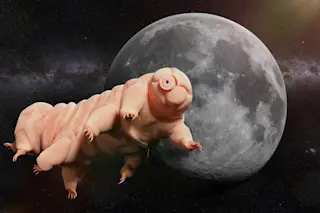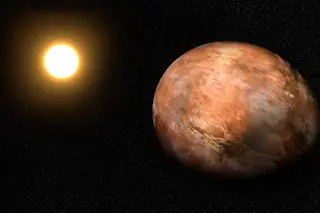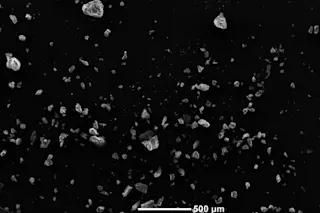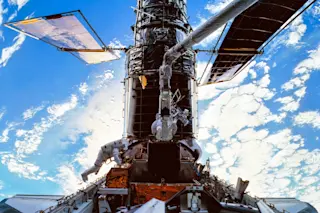Strap on your astronaut suit and hold on to your space shoes, because in 20 years, you could just be aboard Earth's first mission to Mars. At least, that's the hope of over 400 people who read the Journal of Cosmology's special edition issue, The Human Mission to Mars: Colonizing the Red Planet, and volunteered to take part in a not-yet-scheduled trip to Mars. The journal spills the details about the logistics involved in a privately-funded journey to the Red Planet--a book-length brainstorm by leading scientists. What, for example, happens if you get an infection on Mars? How do you have sex in space? And, most importantly, how long do you have to live on Mars before you get to call yourself a Martian? (Ok, I made that last question up, but aren't you curious?) Any journey to Mars--especially one with no scheduled return to Earth--is fraught with challenges. As ...
Houston, We May Have Some Problems: Colonizing Mars and Sex in Space
Explore the thrilling possibilities of a future mission to Mars and the psychology of astronauts facing isolation and confinement.
More on Discover
Stay Curious
SubscribeTo The Magazine
Save up to 40% off the cover price when you subscribe to Discover magazine.
Subscribe












